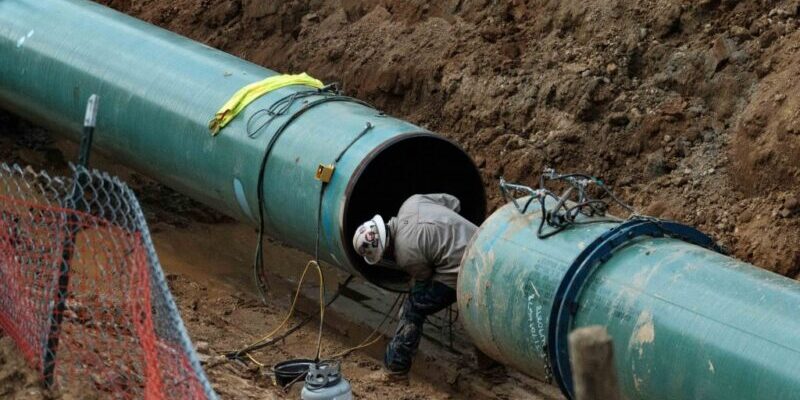Nigeria’s Trans Niger oil pipeline (TNP) is now fully operational following an explosion last week, Renaissance spokesperson Tony Okonedo confirmed on Tuesday.
The 450,000-barrel-per-day (bpd) pipeline is a critical export route, transporting crude to the Bonny terminal, a key hub for Nigeria, Africa’s largest oil producer.
Following the March 19 explosion, oil flow through the TNP was temporarily rerouted to an alternative line, according to Renaissance Group, the Nigerian oil consortium that acquired Shell’s former onshore subsidiary operating the pipeline.
Pipeline sabotage and crude oil theft have long hampered Nigeria’s oil industry. Despite a potential export capacity of nearly 2 million bpd, production has consistently fallen short, averaging around 1.3 million bpd.
- In January 2024, Nigeria’s oil output rose by 40,000 bpd to 1.51 million bpd, the highest level in four years, according to Bloomberg tanker tracking data.
- These persistent challenges have led major international oil companies—including Shell, ExxonMobil, Total, and Eni—to shift focus from onshore and shallow-water operations to deep-water exploration.
In April 2023, House Speaker Hon. Abbas Tajudeen revealed that Nigeria loses N1.29 trillion annually due to oil theft, vandalism, and other criminal activities. This translates to roughly 300,000 barrels of stolen crude per day.
As Nigeria works to secure its energy infrastructure, the full restoration of the Trans Niger Pipeline marks a crucial step in stabilizing crude exports and boosting production.
![]()




